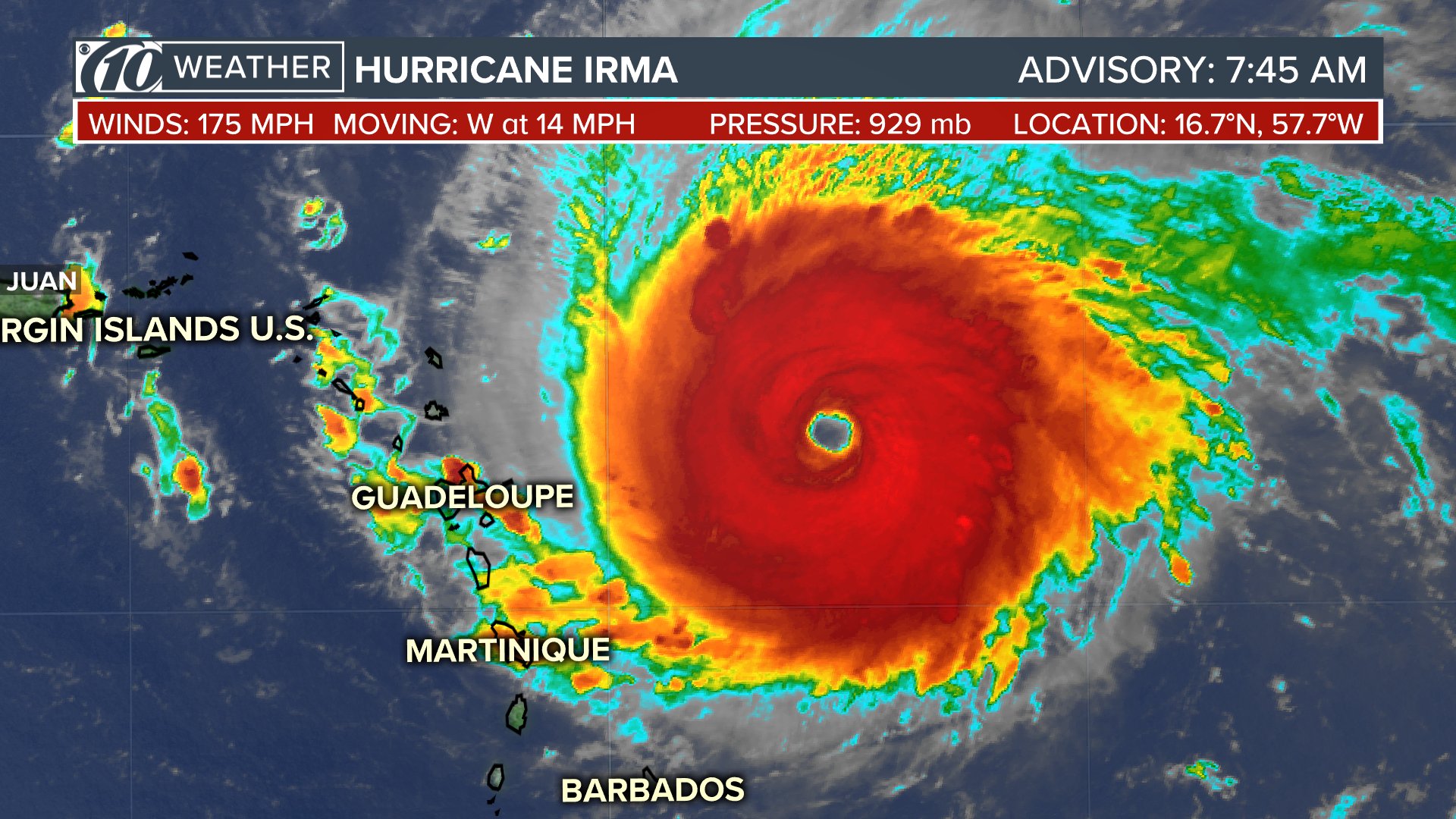National Hurricane Center Overview

The National Hurricane Center (NHC) is a specialized weather forecasting center operated by the National Weather Service (NWS) of the United States. Its primary mission is to provide timely and accurate forecasts and warnings for tropical cyclones (tropical depressions, tropical storms, and hurricanes) in the Atlantic Ocean and eastern Pacific Ocean, including the Caribbean Sea and the Gulf of Mexico. The NHC also conducts research on tropical cyclones and provides training to forecasters and emergency managers.
The NHC was established in 1955 as the National Hurricane Research Project. In 1963, it was renamed the National Hurricane Center and became a part of the NWS. The NHC is headquartered in Miami, Florida, and has a staff of about 150 meteorologists, oceanographers, and other scientists. The NHC is led by a director, who is responsible for overseeing all aspects of the center’s operations.
The NHC is organized into several divisions, including the Forecast Division, the Research Division, and the Training Division. The Forecast Division is responsible for issuing forecasts and warnings for tropical cyclones. The Research Division conducts research on tropical cyclones and develops new forecasting techniques. The Training Division provides training to forecasters and emergency managers on tropical cyclones.
Hurricane Forecasting and Tracking

The National Hurricane Center (NHC) is responsible for forecasting and tracking hurricanes in the Atlantic and Eastern Pacific basins. The NHC uses a variety of data to make its forecasts, including satellite imagery, radar data, and weather station reports. The NHC issues a variety of hurricane forecasts, including tropical weather outlooks, tropical storm watches and warnings, and hurricane watches and warnings.
The accuracy of hurricane forecasts has improved significantly in recent years. However, there are still some limitations to hurricane forecasting. One limitation is that it is difficult to predict the exact track of a hurricane. Another limitation is that it is difficult to predict the intensity of a hurricane.
Types of Hurricane Forecasts, National hurricane center
The NHC issues a variety of hurricane forecasts, including:
- Tropical weather outlooks provide a general overview of the potential for tropical cyclone development over the next five days.
- Tropical storm watches are issued when there is a threat of tropical storm conditions within 48 hours.
- Tropical storm warnings are issued when tropical storm conditions are expected within 36 hours.
- Hurricane watches are issued when there is a threat of hurricane conditions within 48 hours.
- Hurricane warnings are issued when hurricane conditions are expected within 36 hours.
Accuracy and Limitations of Hurricane Forecasts
The accuracy of hurricane forecasts has improved significantly in recent years. However, there are still some limitations to hurricane forecasting. One limitation is that it is difficult to predict the exact track of a hurricane. This is because hurricanes are influenced by a variety of factors, including the steering currents in the atmosphere and the temperature of the ocean water.
Another limitation of hurricane forecasting is that it is difficult to predict the intensity of a hurricane. This is because the intensity of a hurricane is determined by a variety of factors, including the amount of warm water available to the hurricane and the vertical wind shear in the atmosphere.
Despite these limitations, hurricane forecasts are still a valuable tool for emergency managers and the public. Hurricane forecasts can help people to prepare for hurricanes and to make decisions about whether to evacuate.
Hurricane Preparedness and Response: National Hurricane Center
The National Hurricane Center (NHC) plays a critical role in hurricane preparedness and response, providing timely and accurate information to the public, government agencies, and emergency managers.
The NHC issues hurricane watches and warnings, provides forecasts and advisories on tropical cyclones, and coordinates with other agencies to ensure a comprehensive response to hurricane threats.
NHC’s Hurricane Preparedness Resources
The NHC provides a range of resources to help communities prepare for and respond to hurricanes, including:
- Hurricane preparedness guides and checklists
- Information on evacuation routes and shelters
- Real-time hurricane tracking and forecasting tools
These resources are available online, through the NHC’s social media channels, and through local emergency management agencies.
Importance of Public Education and Outreach
Public education and outreach are essential components of hurricane preparedness. The NHC works with local communities, schools, and organizations to raise awareness about hurricane risks and promote preparedness measures.
By providing accurate information and resources, the NHC helps communities take the necessary steps to protect themselves and their property from hurricane damage.
The National Hurricane Center (NHC) is the primary source of hurricane information for the United States. The NHC is a part of the National Weather Service, and it is responsible for issuing hurricane watches and warnings for the Atlantic and Eastern Pacific basins.
The NHC also provides forecasts and advisories on tropical cyclones, and it conducts research on hurricane science. The NHC is located in Miami, Florida, and it is staffed by a team of meteorologists, oceanographers, and other scientists. For more information on the NHC, visit national hurricane center.
The National Hurricane Center has been tracking Tropical Storm Beryl as it moves across the Atlantic Ocean. For the latest updates on Beryl’s track , visit the National Hurricane Center website.